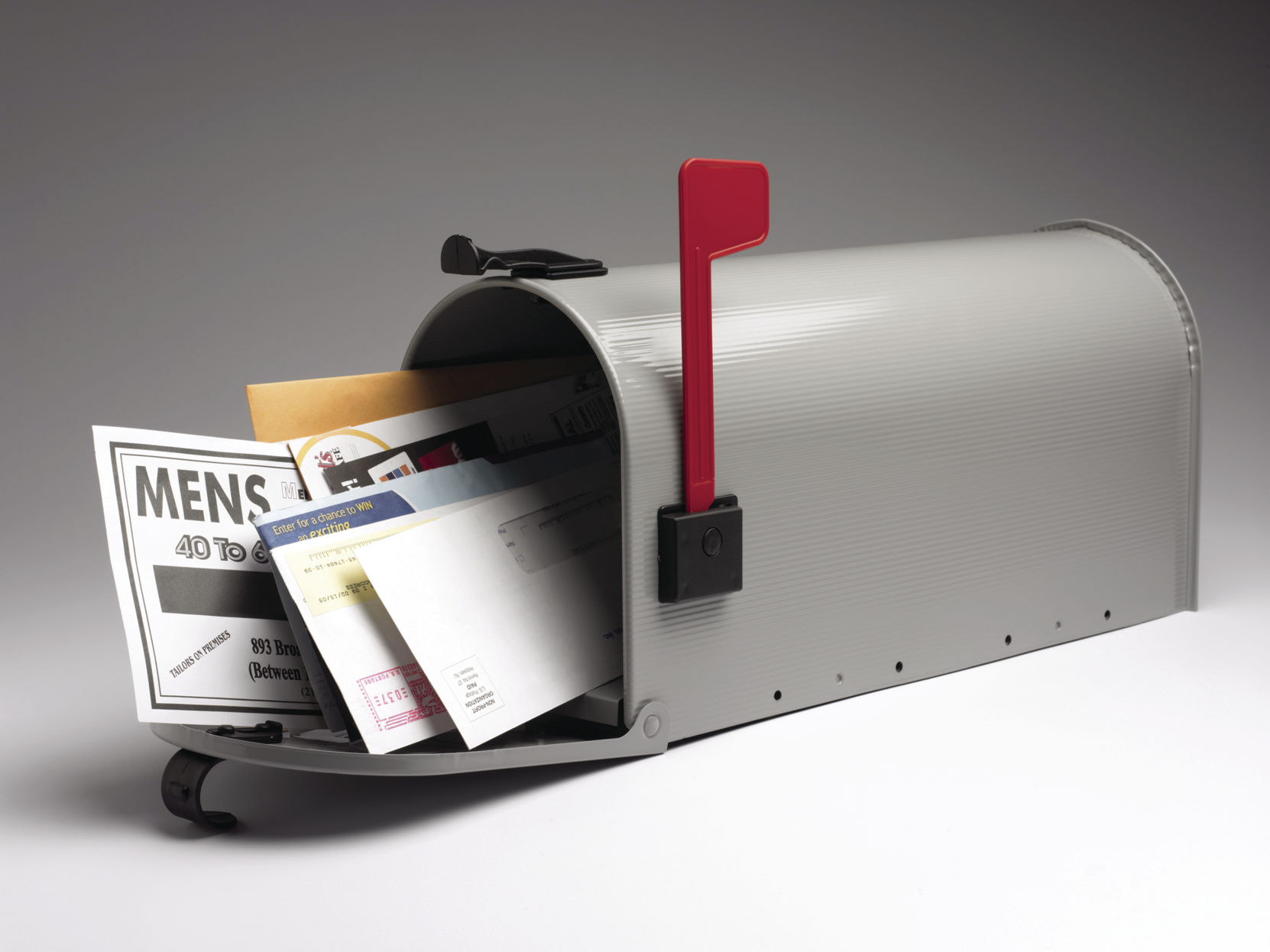Dear Savvy Senior,
My elderly father gets over 100 pieces of junk mail every week, and I just discovered that he’s given away nearly $5,000 over the past few months to many of the solicitors that mail him this junk. Can you offer any tips on how can I stop this?
Irritated Son
Dear Irritated,
Millions of older Americans get bombarded with unwanted junk mail these days, including “mail fraud” schemes that you and your dad need to be particularly careful of. Here’s are some tips that may help.
Mail Fraud Alert
While junk mail comes in many different forms – credit card applications, sweepstakes entries, magazine offers, coupon mailers, donation requests, political fliers, catalogs and more – the most troublesome type is mail fraud, which comes from con artists who are only trying to take your money.
Mail fraud can be tricky to detect because there are many different types of schemes out there that may seem legitimate. Some of the most common mail scams targeting seniors today are phony sweepstakes, foreign lotteries, free prize or vacation scams, fake checks (see FakeChecks.org), donation requests from charities or government agencies that don’t exist, get-rich chain letters, work-at-home schemes, inheritance and investment scams, and many more.
If your dad is getting any type of junk mail that is asking for money in exchange for free gifts or winnings, or if he’s receiving checks that require him to wire money, you need to call the U.S. Postal Inspector Service at 877-876-2455 and report it, and then throw it away.
Unfortunately, once a person gets on these mail fraud lists, also known as “suckers lists,” it’s very difficult to get off. That’s because these criminals regularly trade and sell mailing lists of people who they believe to be susceptible to fraud, and they won’t remove a name when you request it.
Knowing this, a good first step to help protect your dad is to alert him to the different kinds of mail fraud and what to watch for. The U.S. Postal Inspection Service can help you with this. They offer a list of the different mail fraud schemes at PostalInspectors.uspis.gov.
Another option is to see if your dad would be willing to let you sort through his mail before he opens it so you can weed out the junk. You may want to have the post office forward his mail directly to you to ensure this.
If your dad feels compelled to donate to certain charities, ask him to let you check them out first to make sure they’re legitimate. You can do this at charity watchdog sites like CharityNavigator.org and Give.org.
Reduce Junk Mail
While scam artists aren’t likely to take your dad’s name off their mailing lists, most legitimate mail-order businesses will. To do this, start with the Direct Marketing Association, which offers a consumer opt-out service at DMAchoice.org. This won’t eliminate all his junk mail, but it will reduce it. The opt-out service is $2 for 10 years if you register online, or $3 by mail.
Then, to put a stop to the credit card and insurance offers he gets, call the consumer credit reporting industry opt-out service at 888-567-8688, and follow the automated prompts to opt him out for either five years or permanently. Be prepared to give his Social Security number and date of birth. You can also do this online at OptOutPrescreen.com. If you choose the permanent opt-out, you’ll have to send a form in the mail.
You should also make sure your dad’s home and cell phone numbers are registered with the National Do Not Call Registry (DoNotCall.gov, 888-382-1222), to help cut down on telemarketing calls.
Send your senior questions to: Savvy Senior, P.O. Box 5443, Norman, OK 73070, or visit SavvySenior.org. Jim Miller is a contributor to the NBC Today show and author of “The Savvy Senior” book.
Savvy Senior | How to Stop Unwanted Junk Mail and Guard Against Mail Fraud

Savvy Senior
